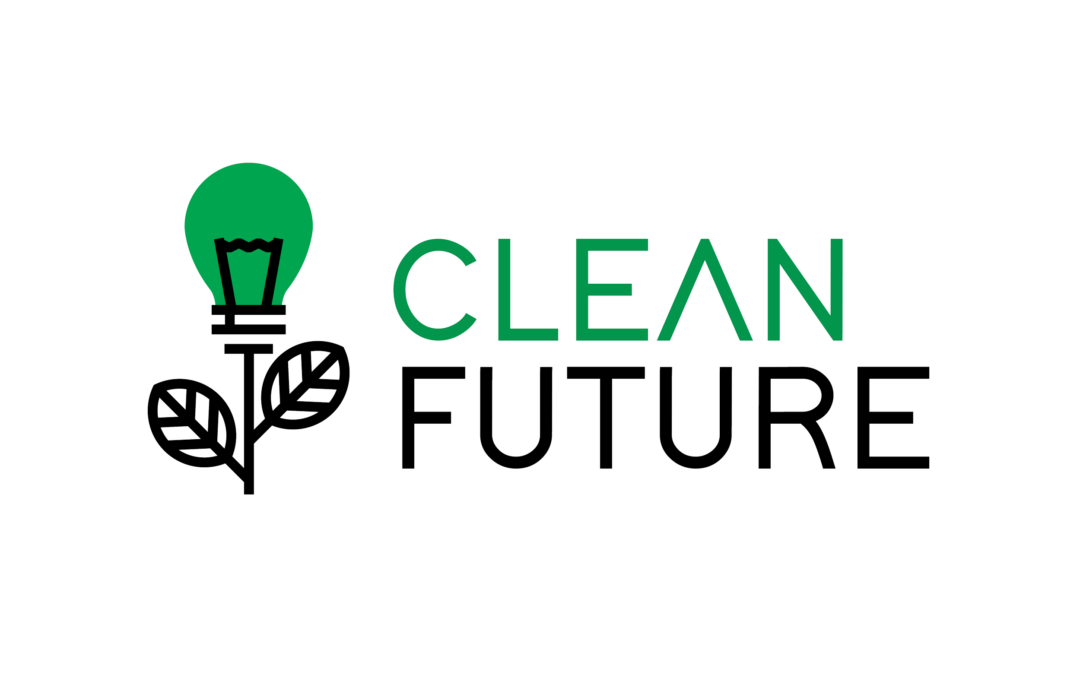Image Source: Startup Lisboa
- Pros/cons of having COP 28 (and now 29) hosted by a petro state?
- I mostly see positive aspects of having petroleum-producing countries involved in the climate negotiations. In fact, I believe that COP28 hosted by the UAE was a powerful step towards getting to NetZero. The UAE is the 7th largest oil producing country, and getting their political and financial commitment towards global decarbonization sets an important precedent that will also help getting other oil and gas producing countries to participate more actively in decarbonization.
- The cons are that when you have the people that are most responsible for pollution involved, you will have more aggressive negative reactions from global foundations and civil society groups which want a total phase-out of oil and gas today. Let me be clear about this; this is not viable, and the global economy would pay an unbearable cost if we stopped using oil and gas overnight. It is not viable, period.
- While the final agreement falls short of binding commitments and a complete phase-out of fossil fuels, it is ultimately viewed as a success. Do you agree?
- I completely agree that COP28 was very successful. For the first time ever, the phase-down of oil and gas production was integrated into the final communique of the COP committee, the damage and loss fund was established and funded. This happened on day 1. Stronger commitments and agreements on the methane emission reduction targets were agreed upon, and a robust stocktaking of emission reduction was performed to allow everyone to realize the status of emission reduction to reach net-zero by 20250. The stocktake recognized that global greenhouse gas emissions need to be cut by 43% by 2030, compared to 2019 levels, to limit global warming to 1.5°C.
- Role of the “Elders Group”
- The wisdom of this group brought about the importance of radically scaling up climate finance and developing new and additional sources of finance above and beyond the $100 billion, towards the trillions now needed. They have been one of the pivotal voices calling for cross-sectoral collaboration and partnership, and I think we start seeing their voice being heard.
- Island nations revolt
- Small island states, which represent 1% of the world’s population and are paying a dramatically high price due to climate change and natural hazards, have become more frequent and intense, increasing the percentage of GDP and the population of small island states to disaster events. Some of these islands are relinquishing land to the ocean and are even in discussion with “land-abundant countries” to relocate their populations. This is particularly true in the Pacific highlands. They were not satisfied with progress on moving away from oil and gas and unimpressed but the developed world commitment to fill the gap in climate finance. As a reference point here, the commitment in 100 billion climate finance for most vulnerable countries, has not materialized.
- Loss and Damage fund for developing countries at risk
- I believe the fund received the funding needed to kick off its operations on COP28’s first day, and the fund will now be managed by the World Bank with strong endorsement from the WB’s new president, Mr. Banga. The total commitments as of the end of December were around $700 million. However, money offered so far falls far short of the estimated $400 billion in losses developing countries face each year dur to catastrophic climate change. The $100 million pledge by the United Arab Emirates, which was confirmed on day one of COP28, was matched by Germany, Italy, and France.
- What did/does US leadership look like under the Biden admin? On what to do next?
- Under Biden, the U.S. passed the most aggressive climate investment ever taken by Congress, a bill known as the Inflation Reduction Act. The deal has already resulted in $1.2 trillion dollars into programs designed to accelerate the country’s energy transition and reduce U.S. emissions by about 40% this decade. It is, however, important also to remember that we are in an election year, so don’t be surprised if the US continues to break oil production records. In December 2023, the US produced an average of 13.2 million barrels per day as the Biden Administration seeks to keep gas prices low at the gas station. Voters vote with their wallets. In terms of COP28, a landmark agreement at COP28 through the Stocktake document with strong commitment from almost 200 countries to shift away from fossil fuels puts the U.S. policy leadership into the driver’s seat as countries and corporations look at the US for guidance.
- How do you see the world economy reshaping?
- I see decarbonization, digitalization, and deglobalization shaping our world economies and lives over the next 5 years. By 2025, we would have $5 trillion dollars invested in clean tech and clean energy every year. At least $7 trillion is expected to be invested in just renewable energy and energy storage capacity by 2030. Digitization is reshaping the way we live, work, cure, and entertain ourselves, changing also the role of cities as urban centers become less pivotal in terms catalyzing growth and productivity. Deglobalization will continue to accelerate towards greater regionalization. Geopolitical shocks and tensions between China and the US (particularly if Trump regain the White House) will increase. Conflicts in Ukraine and in the Middle East will accelerate the regionalization of business and trade rethinking, with Russia and China being two countries that are potentially paying the biggest loss as some of the strategic industries which were based in China because of cost efficiency move back to Europe and North America.
- Opportunities for green entrepreneurs following COP
- We are seeing more compliance regulatory processes coming on stream, but more innovation will also follow suit. People and companies who can count carbon will be in high demand going forward, and I predict that decarbonization would one of the trendy entrepreneurship investments together with AI. According to LinkedIn, the hiring salary for workers with at least one green skill is 29% higher than the workforce average. Skills in carbon accounting, carbon credits, emissions trading, impact assessment, and sustainability reporting are among the fastest-growing green skills in the US and the European Union (EU).
- Overall outlook for green entrepreneurship in the US
- Other takeaways: Decarbonization is the new internet revolution of the 90s, and we should expect more large-scale investment going into the green-growth space. VC small-scale investment will continue to decrease, as witnessed in 2023, and larger scale investments, those of $200 million and up, will increase.
- What makes you optimistic?
- The energy-producing countries are taking the lead as traditional energy sources are picking. And while some may feel disgusted because those who profited from the hydrocarbon business are now starting to lead investments into green growth, e-batteries, green hydrogen, green cement, and so forth. We are headed towards a massive green industrial revolution and those that jump on the train early on would benefit most.

